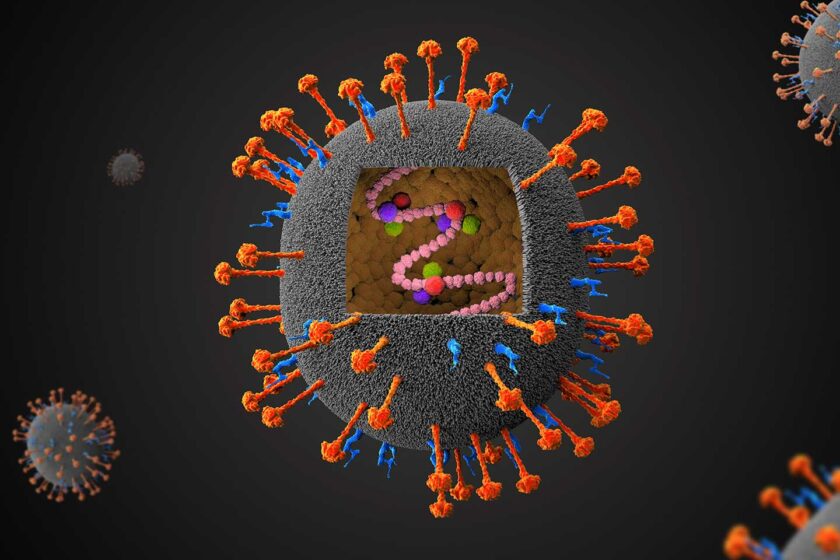Lucknow – A National Workshop titled “Spreading Awareness on Emerging Challenges of Air Pollution and Climate Change on Human Health in Urban Ecosystems” was organized today by the Amity School of Applied Sciences, Amity University Lucknow Campus, in collaboration with the Environmental Pollution Laboratory, University of Delhi, and the Department of Science and Technology, Government of India. The event saw enthusiastic participation, with over 300 students attending.
The workshop began with opening remarks by Prof. (Dr.) Asita Kulshreshtha, Head of the Amity School of Applied Sciences, followed by a welcome address by Prof. (Dr.) Qamar Rehman, Dean of Research at Amity University Lucknow Campus.
The inaugural session featured distinguished guests, including Chief Guest Dr. Surya Kant, Head of Respiratory Medicine at KGMU; Prof. (Dr.) Anil Vashisht, Pro Vice Chancellor; Wg. Cdr. (Dr.) Anil Kumar, Deputy Pro Vice Chancellor; and Prof. Chirashree Ghosh, Convener and Organizing Secretary of the workshop. Dr. Surya Kant highlighted critical statistics, pointing out that air pollution causes approximately 7 million premature deaths annually.
In his address, Chief Guest Dr. Surya Kant shared insights into the severe impact of air pollution on respiratory health. Dr. GC Kisku presented an informative session on air pollution and climate change, covering types of pollutants, their health implications, and measures for control. He addressed the prevalence of pollutants such as particulate matter, sulfur dioxide, and ozone in the atmosphere, discussing their sources and their detrimental effects on human health and the environment.


The technical session led by Prof. Chirashree Ghosh and Ankita Shelly examined the effects of air pollution on human health, noting that 99% of the global population breathes air that exceeds WHO quality guidelines. They discussed various air pollutants, including particulate matter (PM10, PM2.5), gaseous pollutants (CO, NO2, O3, SO2), and biological pollutants (bioaerosols).
In the second session, led by Prof. Chirashree Ghosh and Mrs. Anita Dubey, participants explored methods for synthesizing iron nanoparticles using green chemistry techniques and their applications in water and wastewater treatment.
Dr. Upasana Yadav highlighted how human activities such as fossil fuel combustion and deforestation contribute to greenhouse gas emissions, worsening air quality. The session also underscored the importance of the Air Quality Index (AQI), which tracks daily air quality levels and associated health risks.
Discussions covered the sources of various air pollutants, including particulate matter (PM2.5 and PM10) from transportation and industry. The workshop also explored health impacts, preventive strategies, and government initiatives such as the National Clean Air Programme and Pradhan Mantri Ujjwala Yojana, which promote cleaner cooking fuels. Legal frameworks like the Air Pollution Control Act and National Ambient Air Quality Standards were discussed as essential tools for managing air quality. The workshop concluded with an interactive session and quiz, engaging participants and reinforcing knowledge about air pollution.





